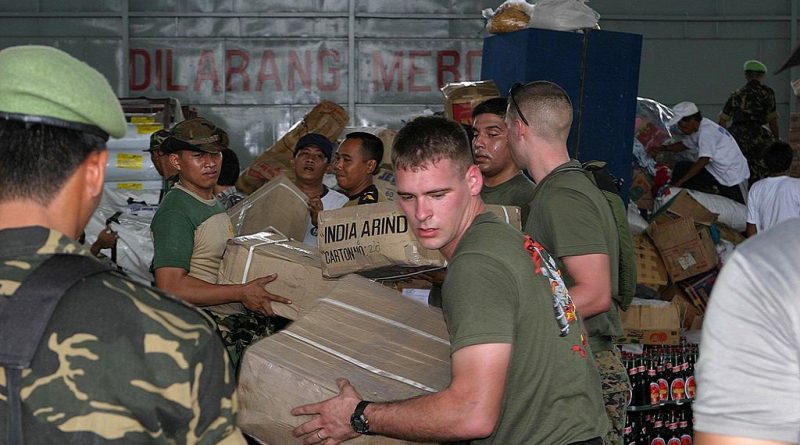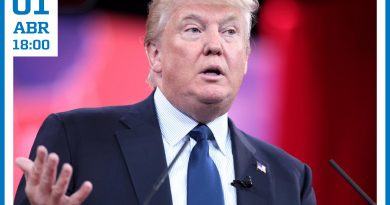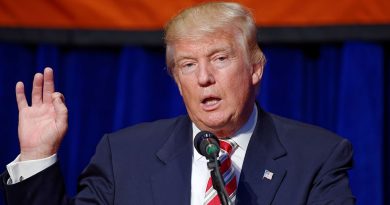Trump wants deep cuts to international aid: the uncalculated costs of global health insecurity
In the last decade, the United States has played a leading funder role in the preparedness and responses to global infectious outbreaks and the delivery of basic healthcare in developing countries. The proposed aid cuts in the U.S. 2018 budget arguably represent at the very least, a serious setback in achieving the Sustainable Development Goals (SDGs) and would diminish the capacity to prevent and coordinate interventions to address human health security issues, like Ebola. The reduction of funding to national disease surveillance systems, training and infrastructure in the developing world means lowering the guard to deliver rapid, coordinated and consistent assistance to tackle borderless infectious diseases.
In a recent interview commenting on Trump’s proposed 2018 budget, the American economist Jeffrey Sachs said the cuts could lead to millions of deaths. Whatever the outcome of the US budget battle, the world must agree on new aid architecture, with strong leadership that pushes the international community to commit more financial resources.
Before Trump’s Era
In 2015, the Organisation for Economic Co-operation and Development (OECD) statistics showed a U.S contribution to aid of over US$29b, through bilateral agreements (country to country), multilateral commitments (United Nations, World Bank, and others) and international and local non-governmental organisations. One-third of these financial resources (US$11b) have been used to fund basic healthcare services, and water and sanitation programs in developing countries, including diagnosis tests for malaria and HIV/AIDS, drugs, bednets, and new infrastructure as health centres, hospitals, and biomedical research centres. Altogether, U.S. leadership strengthen disease surveillance systems and global coordination on epidemic outbreaks by funding professional training, research centres, and working closely with developing countries. The U.S.’s commitment and leading role in pushing the agenda to combat HIV/AIDS, malaria and tuberculosis were noteworthy through the creation of President’s Emergency Plan for AIDS Relief (PEPFAR) in 2002, and the President’s Malaria Initiative (PMI) in 2005, and substantial contributions to The Global Fund (US$10b in 2015).
Read Ana Rita Sequeira’s full article here.
U.S. Marines work with Indonesian Military personnel and International Aid workers. Photo by Andreas A. Plaza / Public domain
![]() This work is licensed under a Creative Commons Attribution-NonCommercial-ShareAlike 4.0 International License.
This work is licensed under a Creative Commons Attribution-NonCommercial-ShareAlike 4.0 International License.




